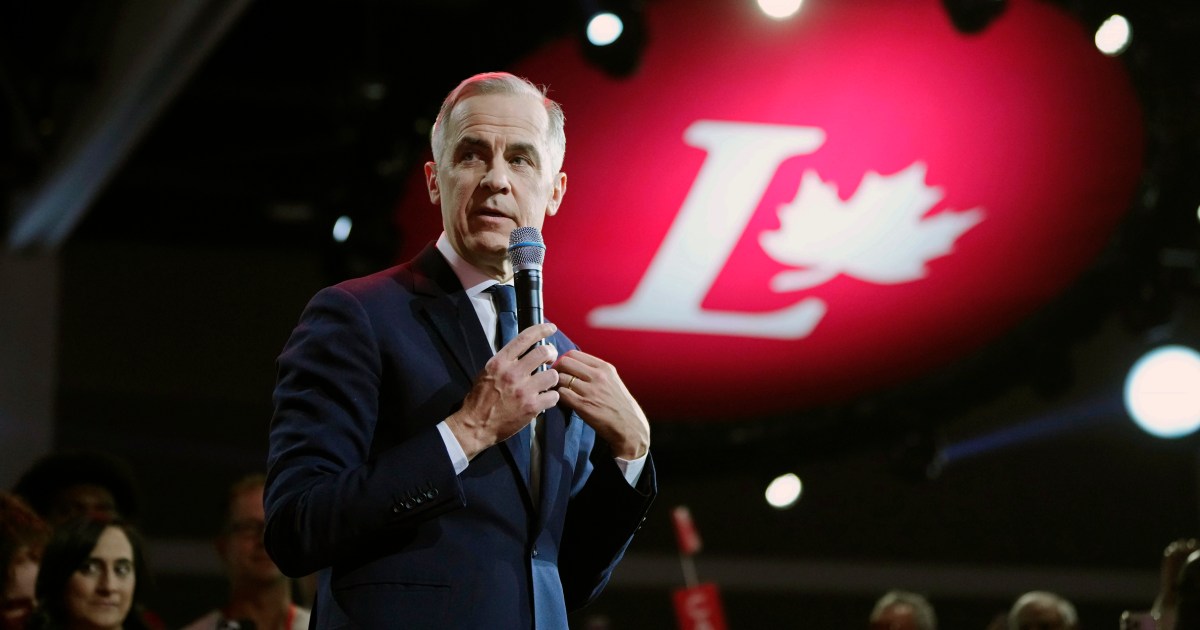Key takeaways:
- Mark Carney, a former central banker, has been elected as the new leader of Canada’s Liberal Party, positioning him to become the next prime minister following Justin Trudeau’s resignation.
- Carney’s leadership comes at a challenging time, with Canada facing economic uncertainty due to a trade war initiated by U.S. President Donald Trump and threats of annexation, alongside an impending federal election.
- Carney, aged 59, brings extensive experience from his previous roles as head of the Bank of Canada and the Bank of England, and he secured nearly 86% of the votes in the recent leadership election, indicating strong support within the Liberal Party.
Mark Carney, a former central banker, has been elected as the new leader of Canada’s Liberal Party, positioning him to become the next prime minister. This development follows the announcement of Prime Minister Justin Trudeau’s resignation earlier this year. Trudeau will remain in office until Carney is officially sworn in, although the exact date of this transition has not yet been determined. Carney’s leadership comes at a time when the Liberal Party has experienced a decline in support among Canadian voters.
Carney’s appointment as the leader of the Liberal Party comes amid significant challenges, including a trade war initiated by U.S. President Donald Trump. This situation has created economic uncertainty for Canada, which is further compounded by threats of annexation. As Carney prepares to assume the role of prime minister, he will need to address these pressing issues while also navigating the political landscape ahead of an impending federal election.
Carney, who is 59 years old, brings a wealth of experience to his new role. He previously served as the head of the Bank of Canada, where he was credited with helping the country recover from the 2008 financial crisis more swiftly than many other nations. His expertise was further recognized when he became the first noncitizen to lead the Bank of England in 2013. Carney’s leadership skills have been acknowledged internationally, with bipartisan praise in the United Kingdom.
In the recent leadership election, Carney secured nearly 86% of the more than 151,000 votes cast, reflecting strong support within the Liberal Party. As he prepares to take on the role of prime minister, Carney will be tasked with addressing both domestic and international challenges. His experience in economic management and crisis navigation will be crucial as Canada seeks to stabilize its economy and strengthen its political standing on the global stage.



Be First to Comment